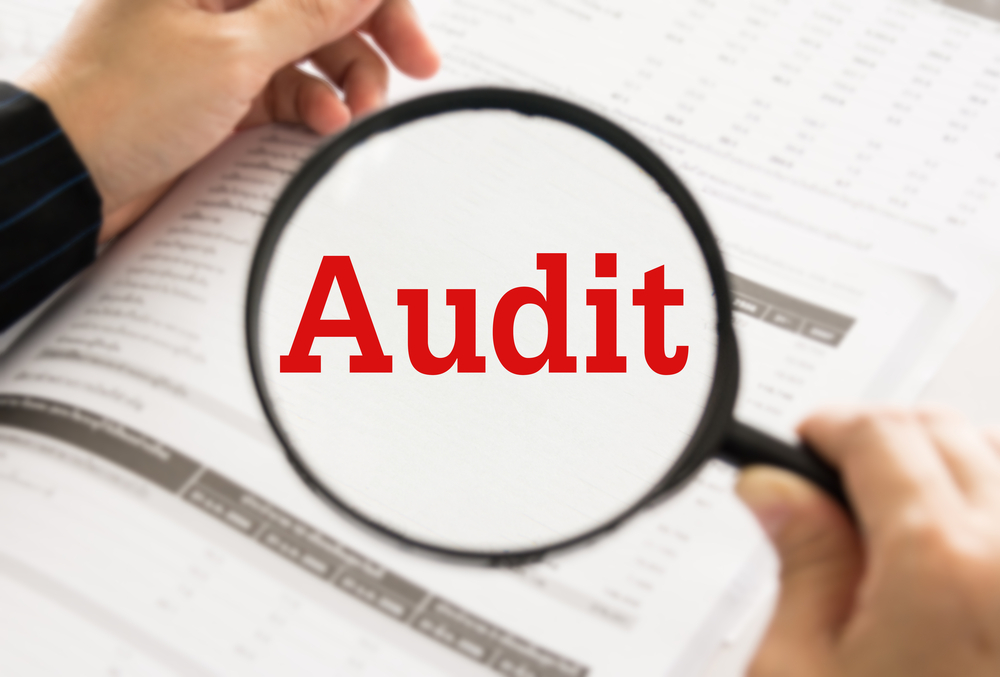Eyes on related parties

Business transactions with related parties, such as friends, family, parent firms, subsidiaries, and affiliated entities, may occasionally occur at above- or below-market prices. Because undisclosed related-party transactions may affect the company’s genuine financial outcomes, this can be misleading to people who rely on your financial statements.
The hunt for related-party transactions
Due to the risk of double-dealing with related parties, auditors devote significant time searching for unreported related-party transactions. Documents and data sources that can aid in the discovery of these transactions include:
- A list of the current linked parties and transactions for the company
- Board of directors’ meeting minutes, especially when the board considers significant corporate transactions
- Board members and senior executives’ ownership in other entities, participation on extra boards, and previous employment experiences
- Bank statements, particularly intercompany wire transfers, automated clearing house (ACH) transfers, and check payments
- Essential business transactions with associated parties announced in press releases
Auditors are explicitly looking for contracts for goods or services priced less (or more) favorably than identical arm’s-length transactions between unconnected third parties.
A spinoff company, for example, may lease office space from its parent company at below-market prices. Conversely, to lower its taxable income in the United States, a manufacturer can buy items at falsely high prices from a subsidiary in a low-tax country. Alternatively, an auto dealership may offer the owner’s daughter a higher-than-market salary and other benefits unavailable to unrelated staff.
Audit procedures
The following audit processes target related-party transactions:
- To identify and code related-party transactions, the company’s enterprise resource planning (ERP) system is put to the test
- Interviewing accounting staff in charge of reporting related-party transactions in the financial statements of the company
- Examining how the financial statements present related-party transactions
It is a requirement for internal controls to accurately and thoroughly report these transactions. Accounting professionals should be able to evaluate whether a supplier qualifies as a related party and record it as such in the ERP system using the company’s vendor approval process. A corporation may mistakenly omit a related-party transaction disclosure if it does not have the proper safeguards.
Let’s talk about it
Communication is crucial when dealing with this issue. Always inform your auditors of any known related-party transactions and request assistance in disclosing and reporting these transactions transparently to comply with U.S. GAAP. Contact our RRBB accountants and advisors today.
© 2022
RRBB eNEWSLETTER
Get free tax planning and financial advice




